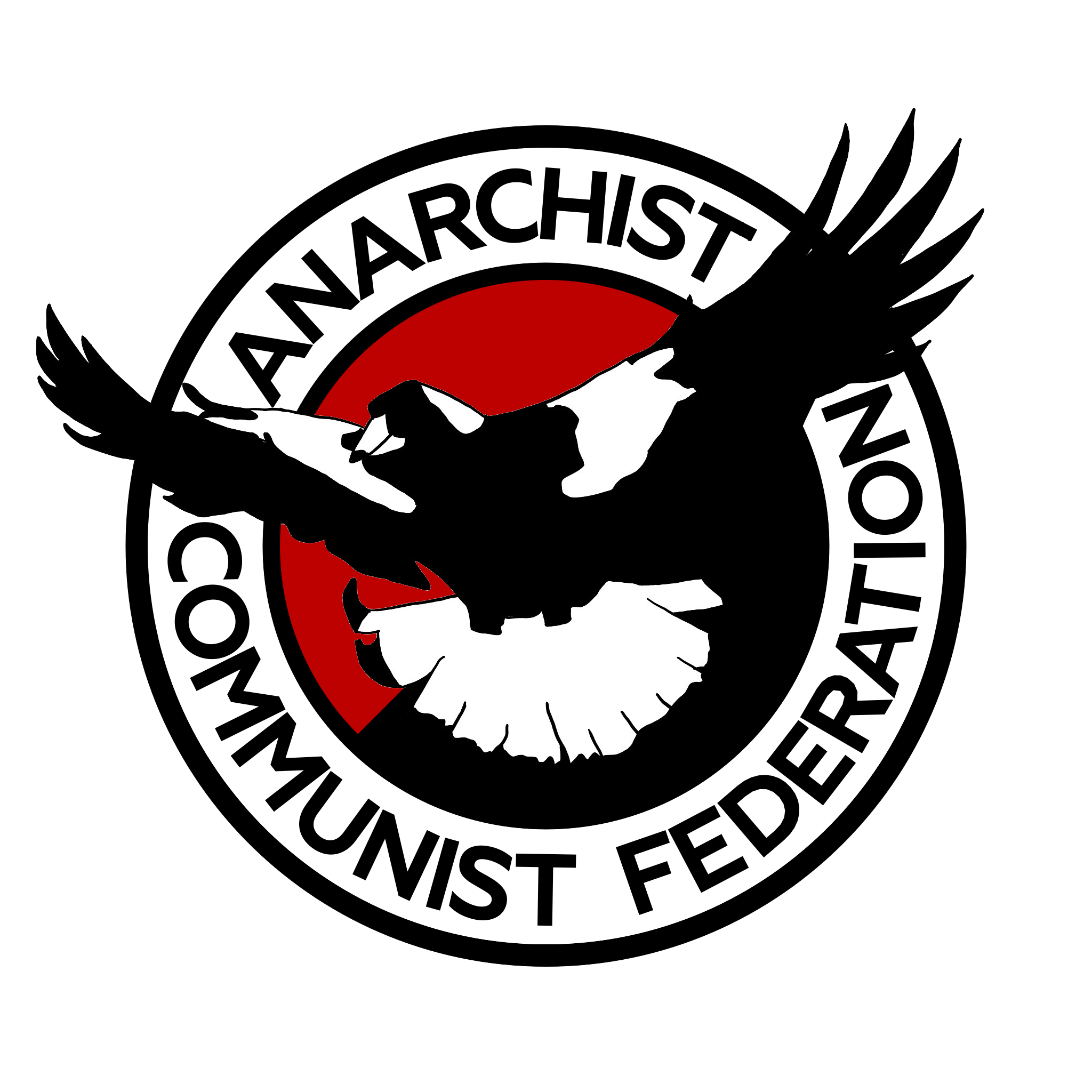Picket Line
Picket Line is the publication of the Anarchist Communist Federation.
It features articles, statements, and analysis written by members from an explicitly anarchist communist perspective. We are not neutral; we write as part of the working class, for the working class.
-
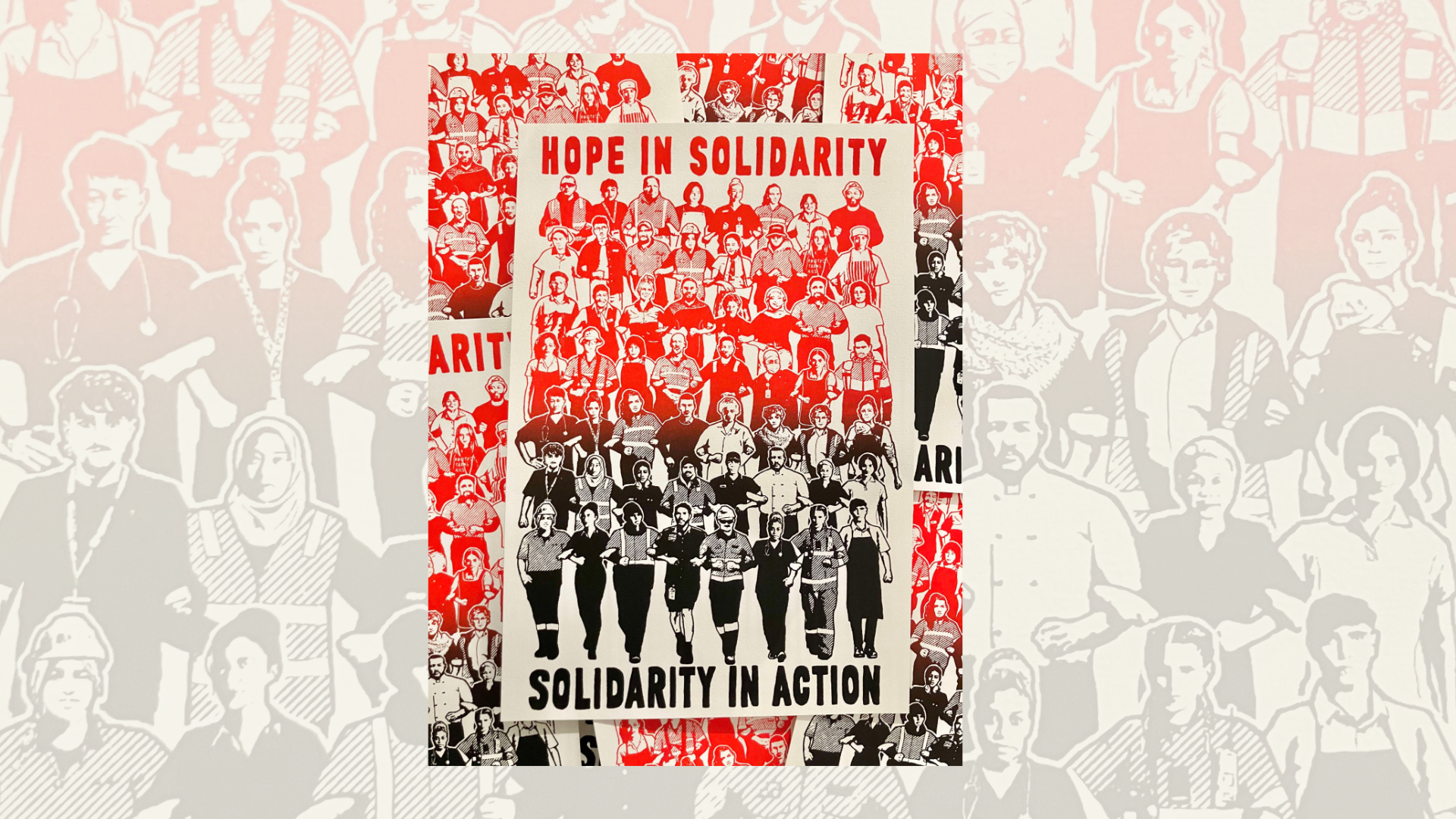
The Anarchist Communist Federation
On 1 May 2025 we are announcing the formation of the Anarchist Communist Federation in Australia. As anarchists, we recognise that it is more important than ever that we get organised.
-
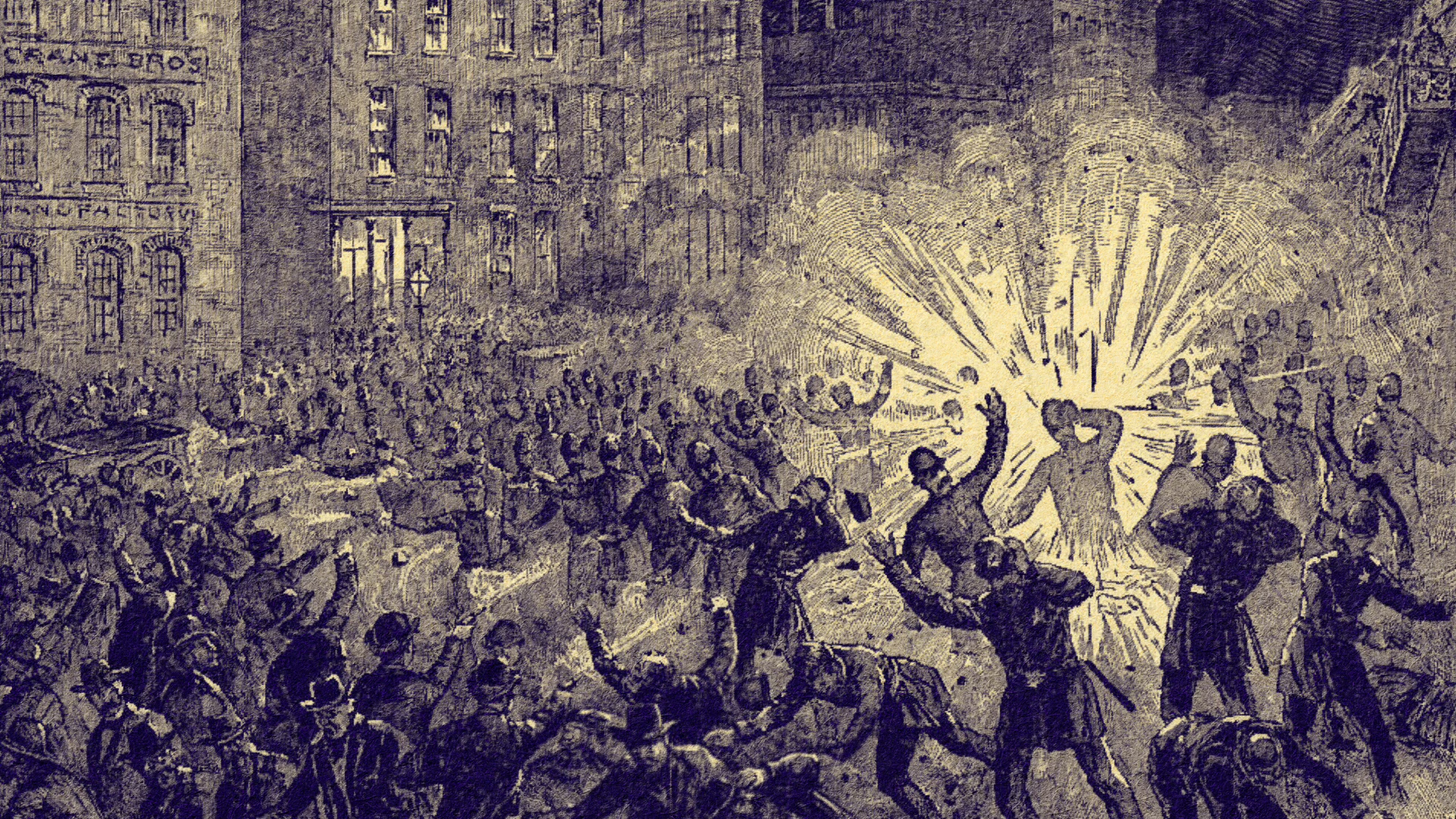
The anarchist history of Mayday
On 1 May 1886, 400,000 workers in the United States went on strike demanding the eight hour day. In Chicago, anarchist-influenced unions organised strikes across the city and mobilised tens of thousands onto the streets. As the anarchist labour organiser August Spies was addressing workers at the McCormick Harvesting Machine Company plant in Chicago, police…
-
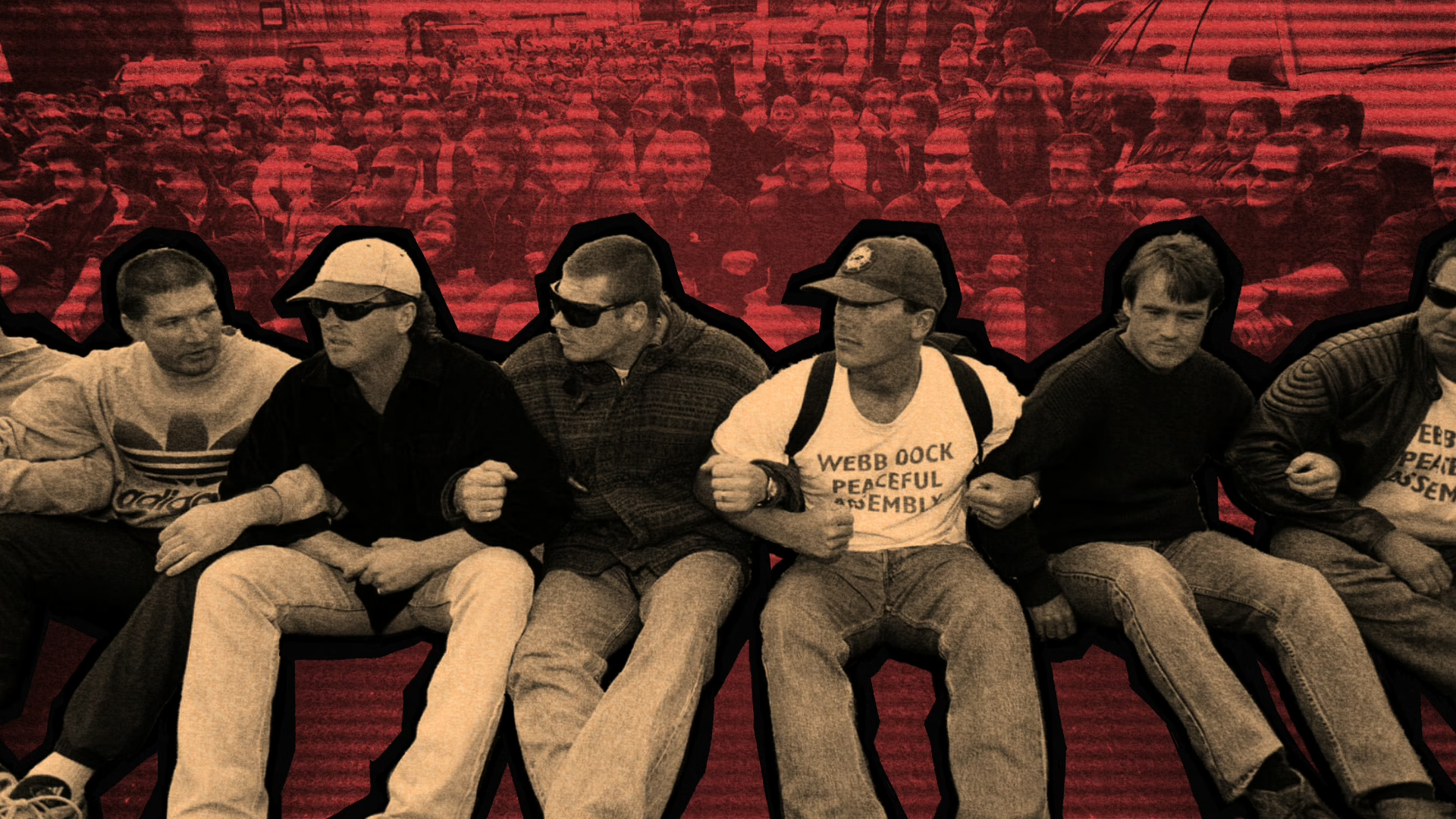
May Day statement
As we mark May Day 2025, we are in the midst of an unfolding capitalist crisis. The Paris climate targets are in the rear-view window. Last year world temperatures exceeded 1.5 degrees above pre-industrial levels.
-
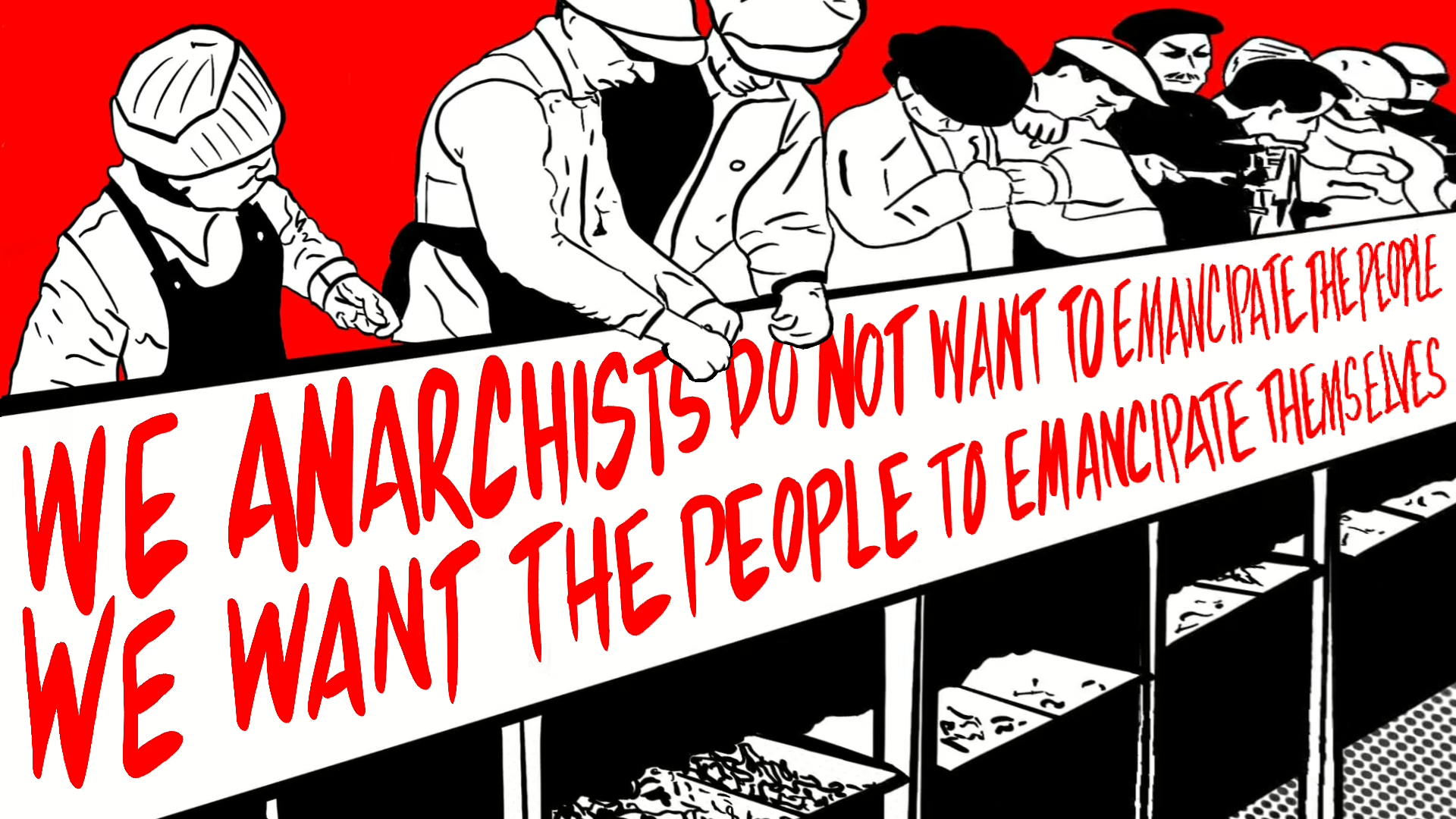
Why we need a revolution
Revolution is the complete transformation of how we live, work, and relate to one another. Most revolutions are political revolutions. They reshuffle who governs us but leave the deeper structures of oppression untouched. A social revolution goes further, changing how decisions are made, resources shared, and power distributed.
-
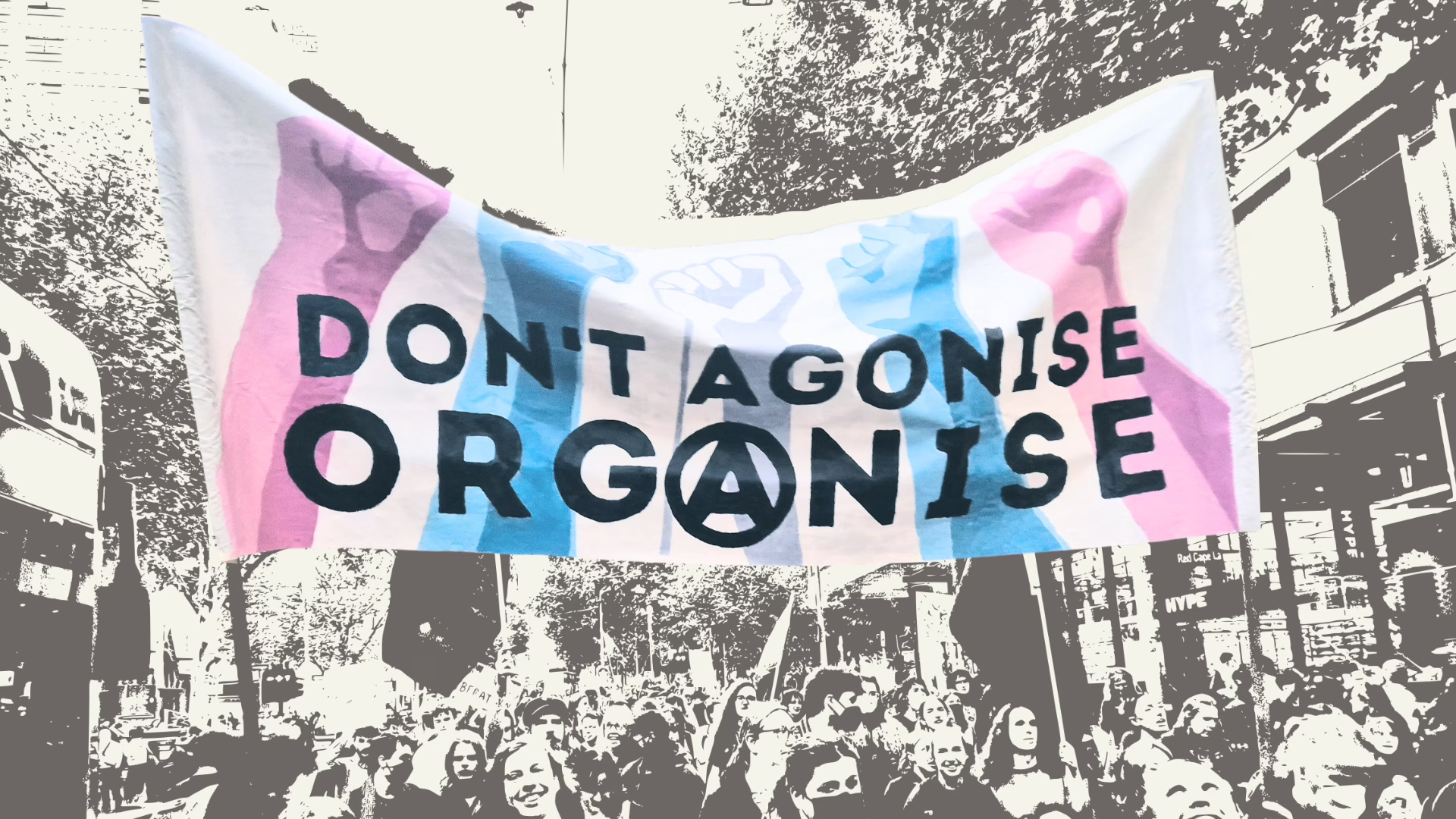
Fighting back for trans rights
Trans people are the latest scapegoat in a much older fight. Governments are dismantling our civil rights, gutting public services, and tightening control. In Queensland, that now includes a ban on gender-affirming care for trans people under 18. I joined around a hundred others in protest against this ban. Most were young, and many were…
-

The election: an anarchist view
As we publish this first issue of Picket Line, the federal election is coming to an end. Whoever leads the next government, the ruling class will celebrate. And no matter how well the minor parties do, they won’t be able to achieve anything of significance. So what has this election been all about? What do…
Anarchist Communist Federation
The Anarchist Communist Federation organises on the unceded lands of Indigenous people across the continent. We acknowledge the pivotal role Aboriginal and Torres Strait Islander people have played in the class struggle. We also acknowledge the ongoing struggle for self-determination and pay our respects to Elders past and present. Always was, always will be First Nations land.
Subscribe to our newsletter
